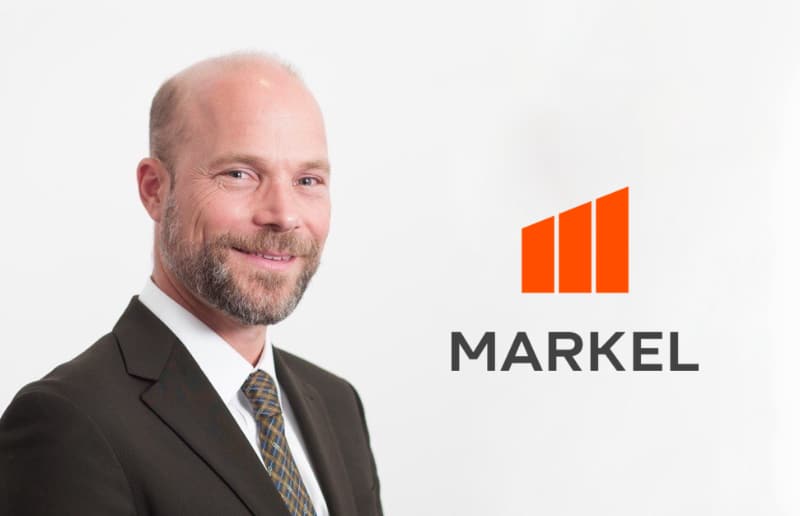Markel names Schmidt Chief Strategy Officer, to realise more ILS synergies

Markel has announced the promotion of Phil Schmidt to the role of Chief Strategy Officer, a position that will see him tasked with leading initiatives that bring together and realise synergies from the insurance and reinsurance related units of the company, including insurance-linked securities (ILS) operation Nephila Capital.
One of the reasons Markel acquired Nephila Capital in the first place was a recognition that bringing ILS capital within the company fold could lead to efficiencies and synergies across the insurance group, something the company has already been realising.
This was already evident in the fact ILS manager Nephila Capital and Markel’s program fronting unit State National had already been partners prior to Markel acquiring either of the businesses, that partnership has continued under the Markel brand.
Then, when Markel stopped underwriting catastrophe reinsurance on its own balance-sheet and pushed all of that business to Nephila Capital, it became very clear the firm had intentions to make Nephila a key component of its business platform and was seeking to realise the efficiencies that ILS capital can bring, while leveraging third-party capital where it is best suited, keeping its own balance-sheet capital focused on what it is best deployed to support.
Now Markel has given another sign that it is not done with the integration and plans to continue identifying business synergy opportunities from the platform it has built of the Markel balance-sheet strength, the State National program and fronting expertise and the Nephila capital sourcing and risk portfolio management capabilities.
Phil Schmidt, who is based in Bermuda, joined Markel in October 2023 as a Managing Director and now as Markel’s Chief Strategy Officer will lead the Global Strategy team.
The company said that his main responsibilities will be engaging with major strategic initiatives and corporate development activities that are underway and initiated across Markel globally.
But, as well as this, Markel intends for Schmidt to lead on initiatives that bring together the distinct insurance and reinsurance units of Markel.
Markel said Schmidt will be tasked with working closely across the company and its State National and Nephila Capital divisions on “initiatives that address clients’ most complex risk management needs.”
He will do this by “leveraging the power of the company’s platform—insurance, reinsurance, fronting and insurance-linked securities,” Markel explained.
“Phil brings strong global and strategic credentials to the role of Chief Strategy Officer,” said Jeremy Noble, President, Markel. “He also has demonstrated a close alignment with Markel’s people-driven culture, which we believe is an important asset.
“We are confident that his leadership of the Global Strategy team will keep Markel focused on the priorities and resources needed for industry leadership. I look forward to partnering with Phil in this work.”
Why does this matter? Because re/insurance companies have still not scratched the surface of how their operating models can be adjusted to make the most out of insurance-linked securities (ILS) and third-party capital use within their businesses.
We’ve gone from distinctly separate ILS and third-party capital units and initiatives being owned and operated by insurance and reinsurance companies, to more deeply embedded units that companies seek to leverage and gain efficiency from. But it can go much further.
At the same time we’ve gone from ILS and instruments such as funds and catastrophe bonds seen as competition, to being seen as partners or collaborators, but again there is further to go, in making ILS an integrated component of a re/insurance operating model.
The power of third-party capital, financial securitization technology, portfolio management and deep connectivity to institutional capital markets, alongside deep expertise in originating, analysing, structuring and underwriting risks, cannot be understated and there is still a long way to go before the world’s re/insurers optimise for this new reality and embed it within their core business models.






